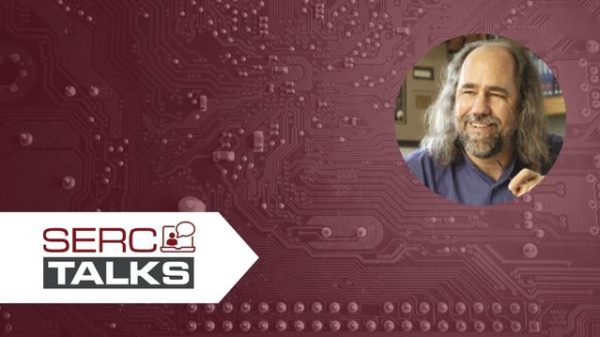
SERC TALKS: “What is the Self?”
Feb 1, 2017 1:00pm - 2:00pm

Details
Event
SERC TALKS: “What is the Self?”
- Start Date
- February 1, 2017 @ 1:00 pm
- End Date
- February 1, 2017 @ 2:00 pm
- Event Link
- www.sercuarc.org
Venue
- Address
Organizer
Systems Engineering Research Center (SERC)
- serc@sercuarc.org
- Website
- http://www.sercuarc.org/
